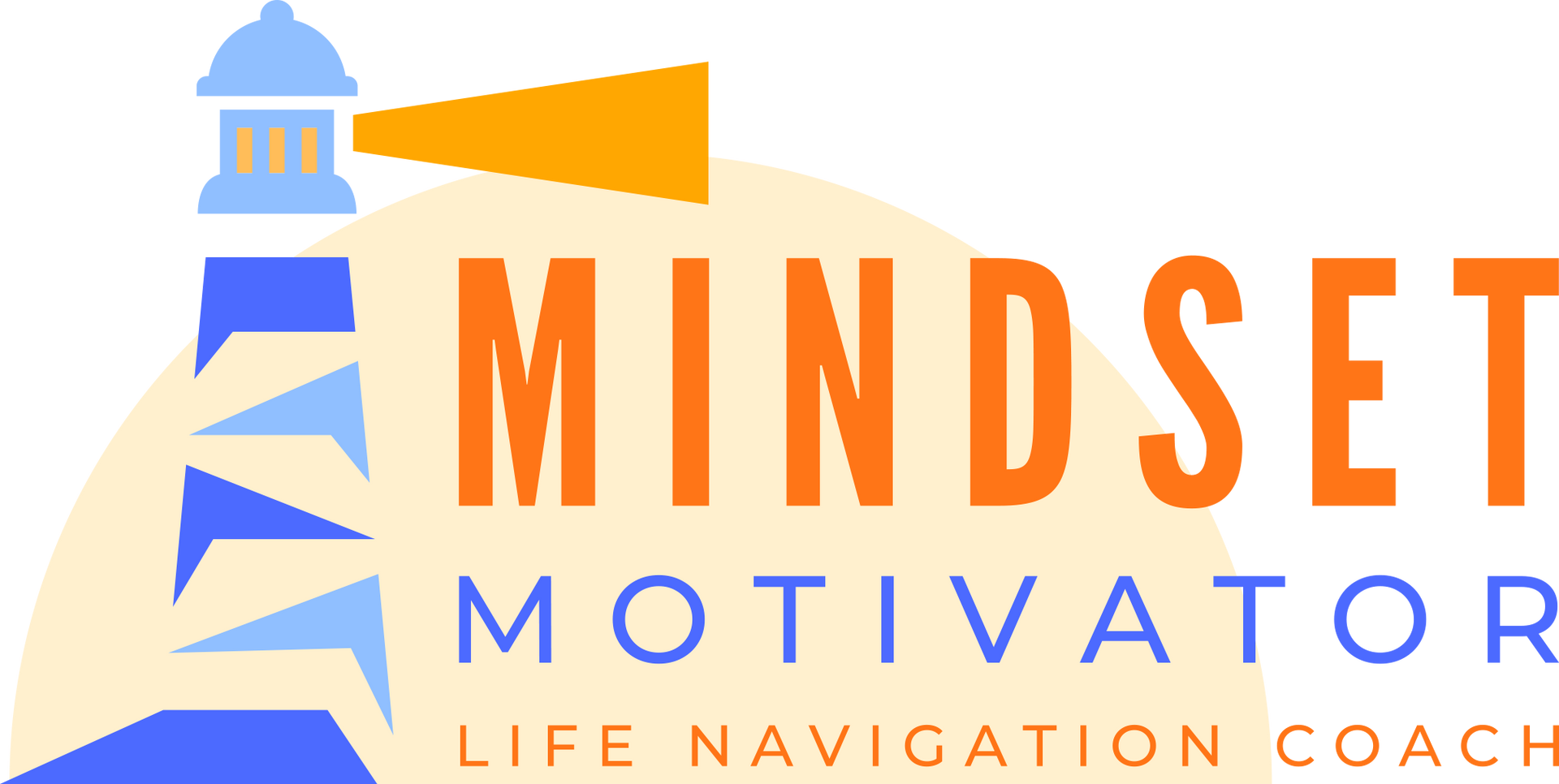How to Identify if Addiction is Impacting Your Life

Addiction can often be a silent, creeping presence that gradually takes hold of various aspects of your life. Understanding whether addiction is affecting you is the first crucial step toward recovery. This guide will provide detailed insights into recognizing the signs of addiction and offer practical advice on what steps to take next.
Understanding Addiction
Addiction is a complex condition characterized by the compulsive use of substances or engagement in behaviors despite adverse consequences. It's not limited to alcohol or drugs; it can also involve activities like excessive fitness, escaping in social media, gambling, shopping, or even work. The key aspect of addiction is the inability to stop despite wanting to do so and knowing the harm it's causing.
The Science Behind Addiction
Addiction alters the brain's reward system, creating a cycle of craving and reward that can be difficult to break. Dopamine, a neurotransmitter associated with pleasure, plays a significant role in this process. When you engage in addictive behavior, your brain releases a surge of dopamine, reinforcing the behavior and making you want to repeat it.
Signs That Addiction May Be Impacting Your Life
Physical Symptoms:
- Withdrawal Symptoms: Experiencing physical symptoms like shaking, sweating, nausea, or headaches when not using the substance or engaging in the behavior.
- Tolerance Development: More significant amounts of the substance or behavior are needed to achieve the same effect.
- Neglecting Health: Ignoring personal hygiene, experiencing frequent illnesses, or having unexplained injuries.
Behavioral Symptoms
- Compulsive Use: Using the substance or engaging in the behavior more frequently or significantly than intended.
- Neglecting Responsibilities: Failing to meet work, school, or family obligations due to the compulsion to engage in the behavior or use.
- Isolation: Withdrawing from social activities and relationships once important to you.
Emotional and Psychological Symptoms
- Mood Swings: Experiencing drastic changes in mood, irritability, or anxiety (especially when separated from the ability to engage in behavior or use.)
- Denial: Minimizing and/or justifying the problem or insisting that you can quit anytime despite evidence to the contrary.
- Preoccupation: Constantly considering the next opportunity to use the substance or engage in the behavior. It’s always on your mind, and your plans are made around those opportunities.
Reflecting on Your Life: Self-Assessment Questions
To better understand whether addiction is impacting your life, consider reflecting on the following questions:
- Do you find yourself using a substance or engaging in a behavior more often than you initially planned?
- Have you tried to cut down or stop but found you couldn't?
- Are you spending a significant amount of time obtaining, using, or recovering from the substance or behavior? Struggling with guilt and remorse?
- Is your performance at work or school suffering because of your habits?
- Do you continue to use the substance or engage in the behavior despite knowing it's causing problems in your life?
- Are you spending a good bit of energy trying to control your use or engagement in behavior?
The Impact of Addiction on Different Areas of Life
College/ Professional Life
- Addiction can severely impact your college experience and/or career.
- It may lead to:
- Reduced ability to study and comprehend, as well as reduced overall productivity
- Increased absenteeism
- Strained relationships with peers and colleagues
- Class failure, job loss and difficulty moving forward
Personal Relationships
Your relationships with family and friends can deteriorate as a result of addiction. You may experience:
- Trust issues
- Frequent conflicts
- Emotional distance
- Social isolation
Mental Health
Addiction often coexists with other mental health conditions such as depression or anxiety. It can exacerbate these issues, making them more challenging to manage.
Steps to Take if You Suspect Addiction
Seek Professional Help
Consulting with a healthcare provider can provide a precise diagnosis and a tailored treatment plan. Options may include therapy, medication, or a combination of both.
We can help get you started here at Mindset Motivator. Contact us for a free, confidential consultation.
Support Groups
Joining a support group can offer a sense of community and shared experience. Groups like Alcoholics Anonymous (AA) or Narcotics Anonymous (NA) provide education and peer support that can be incredibly beneficial. There are plenty of opportunities to explore these groups online, anonymously:
AA Online:
https://aa-intergroup.org/meetings/
NA Online:
https://www.narcotics.com/narcotics-anonymous/narcotics-anonymous-online-meetings/
Develop Healthy Habits
Adopting a healthy lifestyle can help counteract some of the adverse effects of addiction. This includes regular exercise, a balanced diet, and sufficient sleep.
We can help get you started here at Mindset Motivator. Contact us for a free, confidential consultation.
Engage in Therapy
Cognitive-behavioral therapy (CBT) and other forms of counseling can help you understand the root causes of your addiction and develop coping strategies.
Although we don’t provide deeper, more clinical modalities such as CBT, we can help you get started here at Mindset Motivator. We can assess the level of care you may need and partner with practitioners to build a treatment plan for continued, addiction-free success!
Contact us for a free, confidential consultation.
Identifying addiction's impact on your life is a critical step towards recovery. The signs can be physical, behavioral, emotional, and psychological, affecting various facets of your life. If you recognize these symptoms in yourself, taking proactive steps by seeking professional help, joining support groups, and adopting healthier habits can pave the way for a more fulfilling and addiction-free life.
Understanding the complexities of addiction and its far-reaching effects can empower you to make informed decisions about your health and well-being. Remember, you're not alone—support and resources are available to help you on your journey to recovery—including us here at Mindset Motivator!

